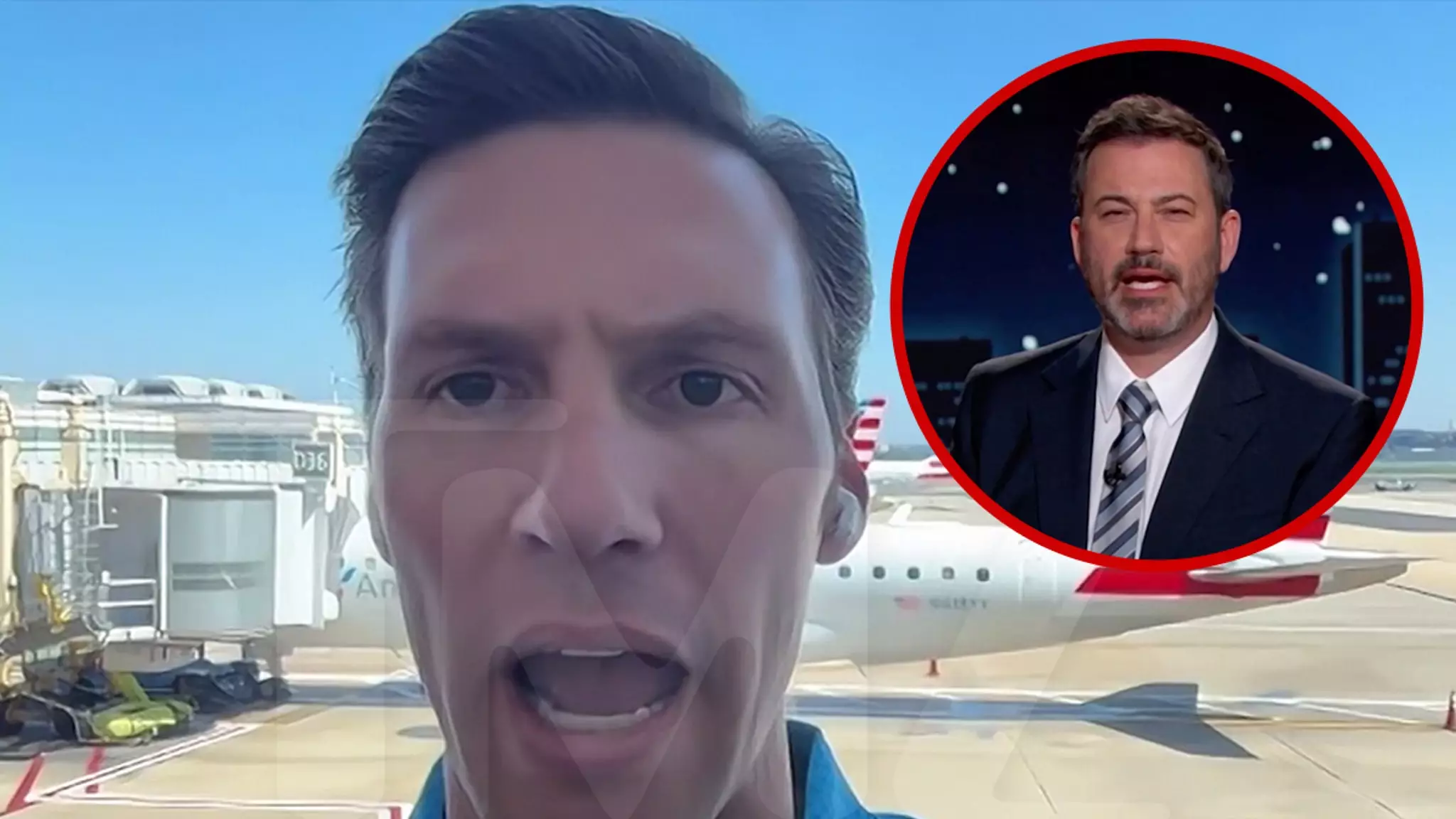In recent events involving the removal of Jimmy Kimmel from ABC, the debate over government intervention versus corporate autonomy has reignited with fervor. Critical voices argue that entities like the FCC should stay within their bounds—protecting the public interest without directly influencing content decisions made by private networks. The controversy reveals a fundamental tension: Should the government act as a guardian of free expression or should it refrain to avoid overreach into editorial independence?
This debate raises profound questions about the limits of regulatory authority in a free society. The idea that the FCC, which is meant to regulate broadcast standards to ensure decency and fairness, should not involve itself in content decisions is rooted in respecting the principle of free speech. When pressure from FCC officials appears to have precipitated the abrupt removal of a talk show host, it underscores a worrying tendency for regulatory agencies to encroach upon media autonomy. The danger lies in setting a precedent where political or ideological pressures could easily influence programming choices, thereby risking the suppression of diverse viewpoints under the guise of protecting the public.
Meanwhile, critics argue that corporations also have a responsibility—an ethical obligation—to maintain certain standards. Yet, it’s clear that business decisions dovetail more often with public relations and profitability rather than moral or Constitutional principles. In this case, ABC’s decision reflects private corporate interests responding to external pressure rather than an impartial judgment about content standards. This raises concerns about whether economic interests should trump the fundamental right to free speech, and whether corporate censorship erodes the very essence of a free press.
The delicate balance between free speech and social responsibility
While defenders of free speech emphasize the importance of protecting controversial opinions—even those that offend—many acknowledge the necessity of responsibility and respectfulness. Critical voices highlight that the First Amendment does not prohibit social repercussions; it simply prevents government censorship. As such, private entities and individuals are free to express outrage or boycott programs they find objectionable. This delicate balance suggests that responsible discourse involves understanding the distinction between free expression and offensive or harmful speech.
Jimmy Kimmel’s comments about Charlie Kirk and the subsequent outrage exemplify this tension vividly. His remark, which appeared to target a specific political group, ignited backlash that some saw as a response to moral accountability. However, others view it as a reflection of the inherent conflict: whether the suppression of certain voices is justified or dangerous. The shift toward censorship, whether by state agencies or corporations, risks creating an environment where certain opinions are silenced, and public discourse becomes sanitized, impeding progress and open debate.
The political undertones: A mirror of polarized society
The incident also exposes how deeply political and societal divides influence perceptions of free speech. Supporters of Kimmel contend that punishing him for his comments threatens to diminish democratic dialogue and inadvertently furthers the suppression of dissenting views. Conversely, critics argue that certain statements—particularly those deemed offensive or inciting—warrant consequences and accountability.
Statements from political figures like Rep. Pat Harrigan underscore the ideological battlefield at stake: While emphasizing the importance of the Constitution and the First Amendment, he also warns against allowing irresponsible speech to run unchecked. His defense of free speech, coupled with a call for responsibility, encapsulates a necessary but challenging stance. It recognizes that defending free expression does not mean endorsing every statement made, but rather safeguarding the right to have those statements debated openly.
By examining these recent events, it’s clear that society faces a complex challenge: balancing the right to free speech with societal standards of respect and responsibility. The line between protecting individual liberty and safeguarding communal harmony is thin and often contested. The ongoing debate reminds us that defending our freedoms requires vigilance—not only against government overreach but also in ensuring that such freedoms are exercised responsibly within a thriving, pluralistic society.

